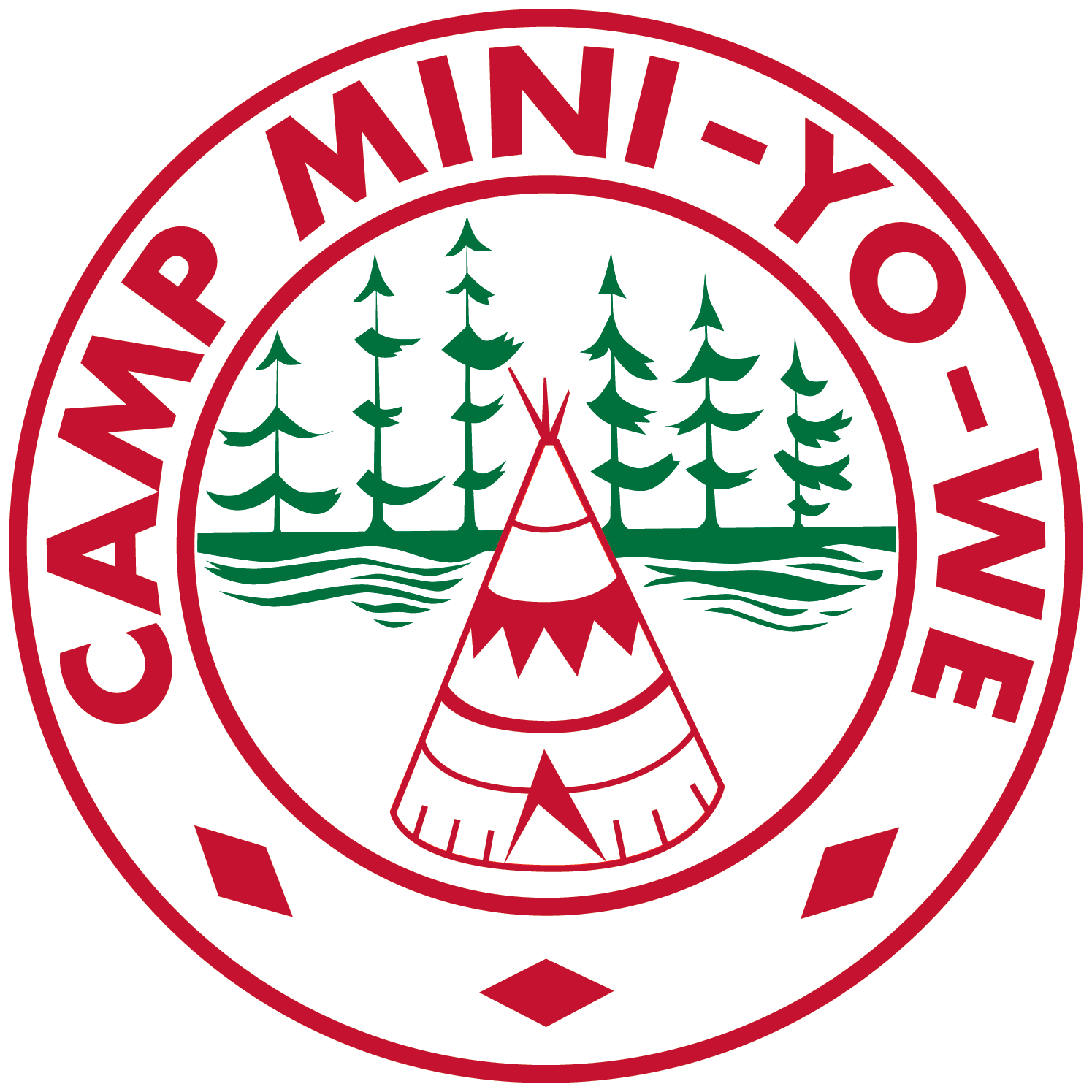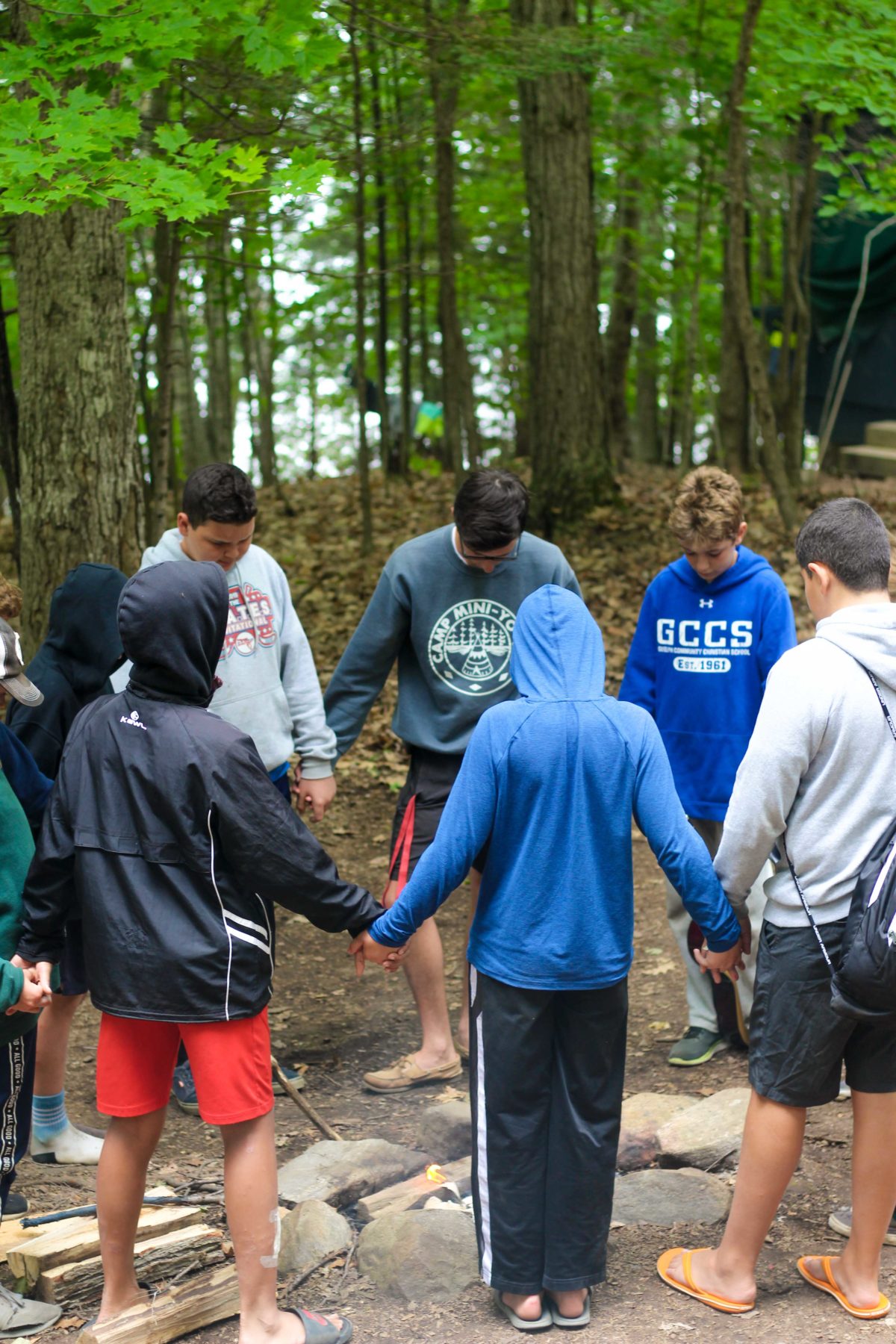Hello Hello! I hope you are beginning to feel that Christmas-y vibe cause its coming.
I am so excited to continue our chat about Mentorship. Last week, we said mentorship is: A Relational Process of Sharing Resources to Empower Others.
And this week I want to talk about how do you find a mentor and start building a mentoring relationship?
But to start I want to make two things clear:
A mentor isn’t a perfect person. We are going to talk about identifying a person that could be a mentor but they don’t have to be some kind of superhuman to be a mentor. Use the ideas from today to help you find someone not to limit who you could find.
And there are lots of approaches to finding mentors. We are going to describe one or two but these are not exhaustive. So feel free to do what works for you because in the end this is about your growth in faith and leadership.
So how do you find a mentor?
It’s simple: identify, ask and talk about it.
- Identify who you would like to be your mentor.
- Ask them if they would be interested in exploring being your mentor
- And together talk about what it would mean to be in a mentoring relationship.
It is that simple on paper. But in reality, following through on these steps is hard. It’s hard to identify the right person, it can feel like a huge ask, and figuring out if it will all work isn’t always easy. But you know what: it’s worth it.
Every person I’ve called mentor (some intentionally and some by accident) has moved my life in a better direction than I could have myself.
There is this great C. S. Lewis quote that says
“The next best thing to being wise oneself is to live in a circle of those who are.”
Having those key relationships that share resources and empower you can make a huge difference. And where you are not yet fully formed, not yet capable, not yet prepared having people in your circle who are already there gets you further than being on your own.
So let’s face it it may be hard to find a mentor but it may be harder to live without one.
“The next best thing to being wise oneself is to live in a circle of those who are.”
Alright, let’s take it a step at a time!
Step one: Identify who you would like to be your mentor
There are a few ways to approach this:
- Do like I suggested at the end of our last audio and begin describing the qualities of a mentor you would value. What matters most to you? Are you looking for someone who is spiritually mature? Are you looking for someone who works in the career you want to have? Are they ten years, twenty years, thirty years older? Describing what you think would make a good mentor for you will help you keep your eyes out for one.
- Go in the other direction and ask who do I want to be? Start thinking about the future you imagine, the character you want to have, and the path you wish to take. And look around for people who reflect that and appear to already be where you want to go.
- Here’s a big one: ask someone you trust for help finding a mentor. You may not know what you need or want in a mentor and that’s ok. If you knew everything you would not need a mentor (and we all need mentors). So go to a pastor, a friend, one of your summer directors, find someone and ask them to help you find a mentor.
Hopefully, these options will help you find someone you want to approach about mentorship which leads us to
Step two: Ask them to explore being your mentor
This seems considerably harder.
It feels momentous and grand. It brings to the surface fears of rejection and its an incredibly vulnerable act. But you are also bestowing honour on the person you are asking. You are saying to them that they represent someone you think is worth your time. You want to be more like them or learn from them. So how do you do it?
At this stage, you can let them know you have been thinking about finding a mentor and you thought that they may be a good mentor. Ask them if they would be interested in exploring the possibility of mentorship.
Rather than blurting out “BE MY MENTOR PLEASE” we invite them into the conversation about the possibility of mentorship.
This kind of ask gives them an easy way of approaching mentorship as a possibility. You may find they don’t have time or can’t for some reason and that’s ok. By offering a chance to explore mentorship you are testing the waters and by finding out it won’t work now you avoid a harder situation later. It also takes the pressure off of a straight-up rejection. And this less pressured approach is better for everyone.
Arrange a time to get together. Grab a cup of coffee, invite them to dinner, ask if they have some time after church. Set up a time to talk.
Step three: Talk about what it would mean to be in a mentoring relationship
When you get together to talk about why you thought they might be a good mentor and what you are looking for in a mentor.
- Are you looking to get together once a month, weekly.
- Are you trying to connect to talk about a specific quality or aspect of your/their life? How long were you thinking?
- Talk about what they think of mentorship.
- Find out what they would like from a mentoring relationship.
- Do they have any experience or plan at how to approach it?
- Do they want to be a mentor?
- What would it look like for them?
- What kind of expectations do they have?
In the end, if it seems you are on the same page and want to explore it further: agree to a trial run of a few get-togethers. Get together a few more times and start talking and working through what you’d like to.
And see what happens. It may be awesome and off to the races. It may not end up being a good fit. And that’s why we start with a small commitment so that you can change course if necessary.
That’s it!
identify a potential mentor, ask them to explore being your mentor, talk about what it would mean to be in a mentoring relationship.
The challenge this week is to work through these steps. To commit to finding a name and asking them. Identify, ask, and talk about it. It is possible. I believe.
If you are having trouble. Connect with Jesse, or Michelle, or I and we can help you find a mentor. Who knows maybe we could be a mentor for you. We are here to work with you and support you as you go about your life and faith. Jesse is available by email at jesse@miniyowe.com We believe that mentoring can help you grow in your faith and your leadership and are committed to helping you get there.
In the meantime, keep being awesome.
This post is part of our Leap of Faith Audio Check-ins. We want to encourage you to leap into your faith and continue to grow at home, at school, and in your church. These audio check-ins are meant to encourage you as live out your faith every day.
Want to keep growing?
There are more episode of Leap of Faith and other resources for you to grow in your leadership and faith here.

